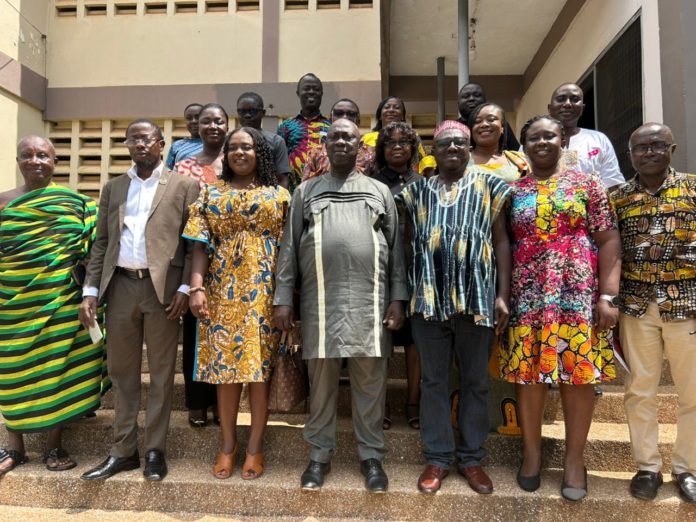The Ashanti Regional Health Directorate has been advised to harness social events as platforms for public education on the risks of lead poisoning.
Health officials were further encouraged to cultivate relationships with Community Information Centre operators to increase their outreach in local communities.
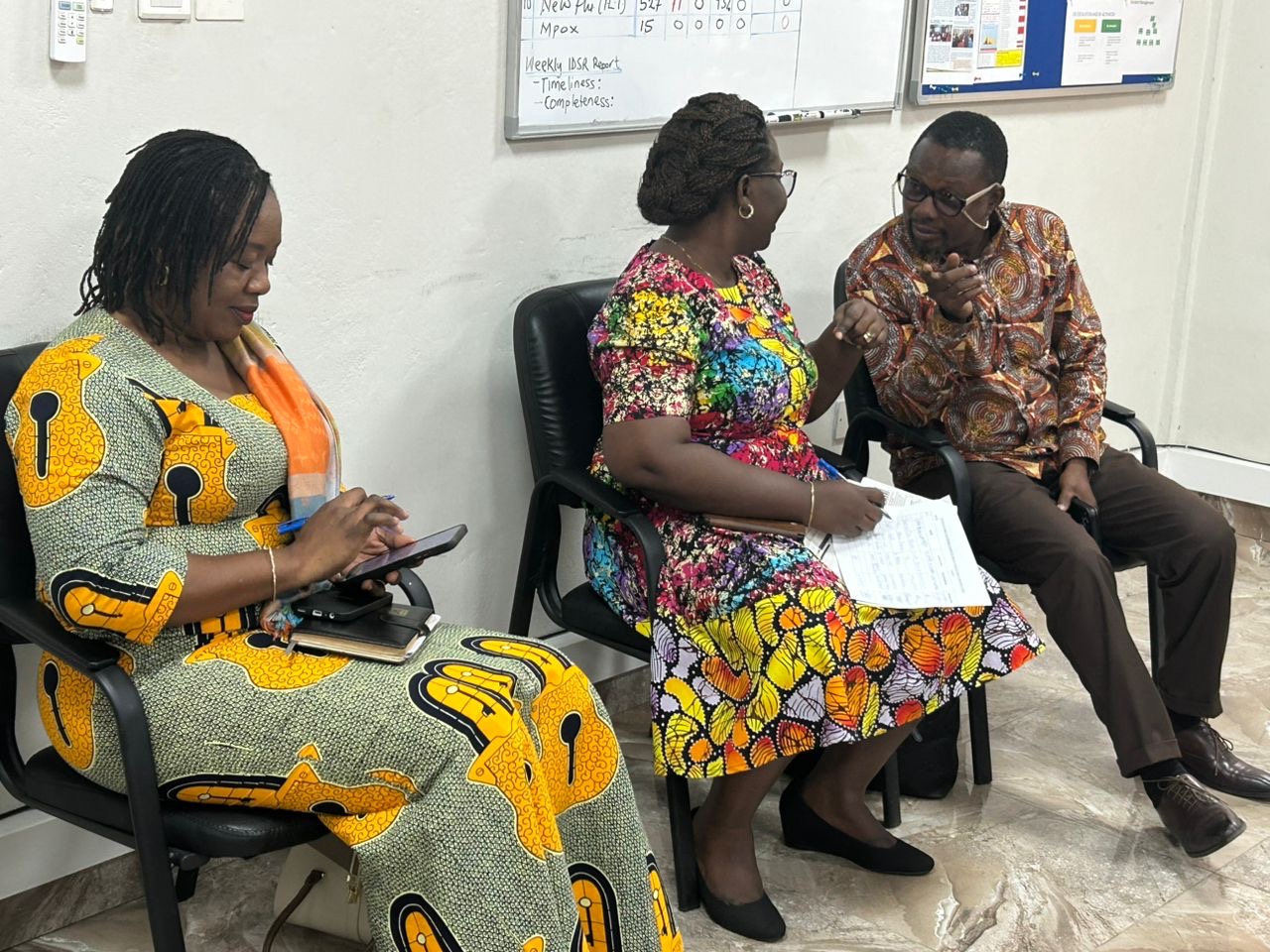
Nana Boakye Yam Ababio, Chairman of the Ashanti Regional Steering Committee on Lead Poisoning, emphasized the importance of cost-effective strategies to reach the public during a recent committee meeting in Kumasi.
“Taking advantage of such social gatherings is the most cost-effective way of reaching out to the masses with health education,” he said, noting that integrating health information into community events provides a unique opportunity for broader and more effective public engagement.
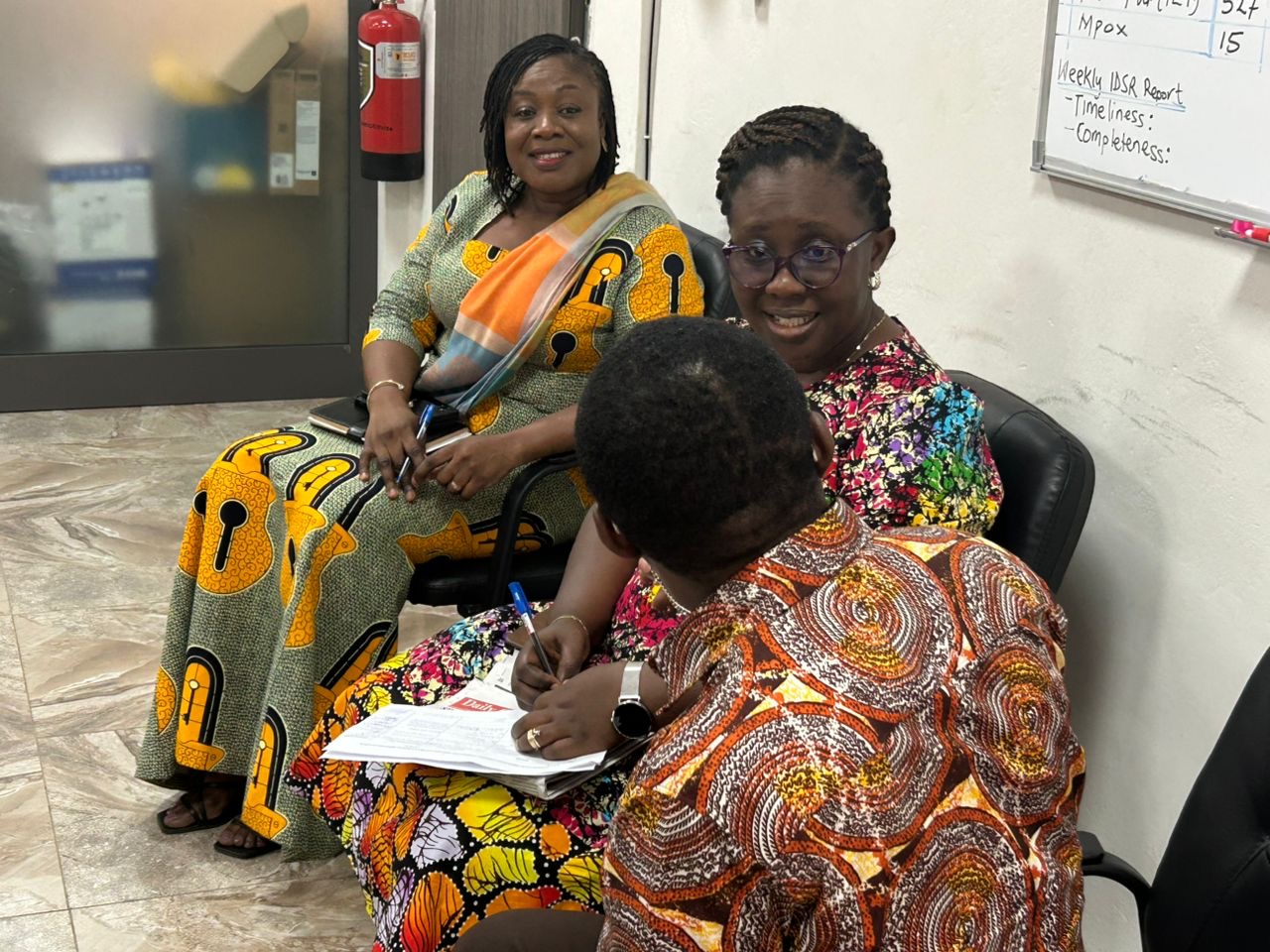
The meeting forms part of a concerted effort to intensify public education on the health impacts of lead poisoning, a condition UNICEF has labelled a major global health threat to children.
According to UNICEF, one in three children worldwide has elevated blood lead levels, with over 50% of affected children living in lower-income countries.
In Ghana alone, approximately 1.7 million children are estimated to have blood lead levels exceeding five micrograms per deciliter—a level that poses serious health concerns.
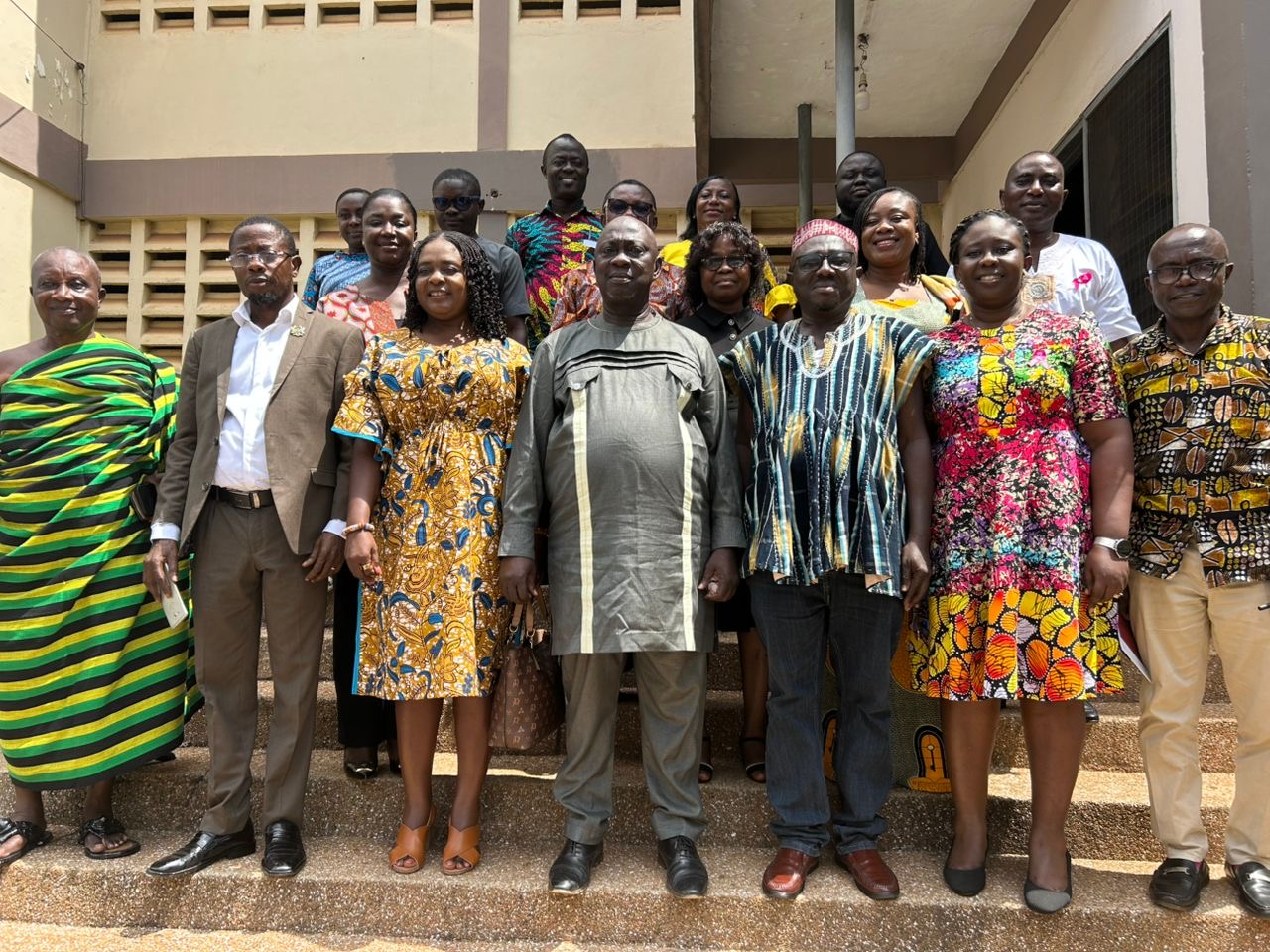
In response to this alarming situation, UNICEF is collaborating with the Ashanti Regional Health Directorate to implement targeted interventions in eight districts known for activities that expose residents to lead.
These districts include Afigya Kwabre South, Asokore Mampong, Asokwa, Kwabre East, Kwadaso, Old Tafo, Suame, and Kumasi Metro.
Health Directors from the selected districts attended the steering committee meeting to discuss strategies for raising awareness about lead poisoning.
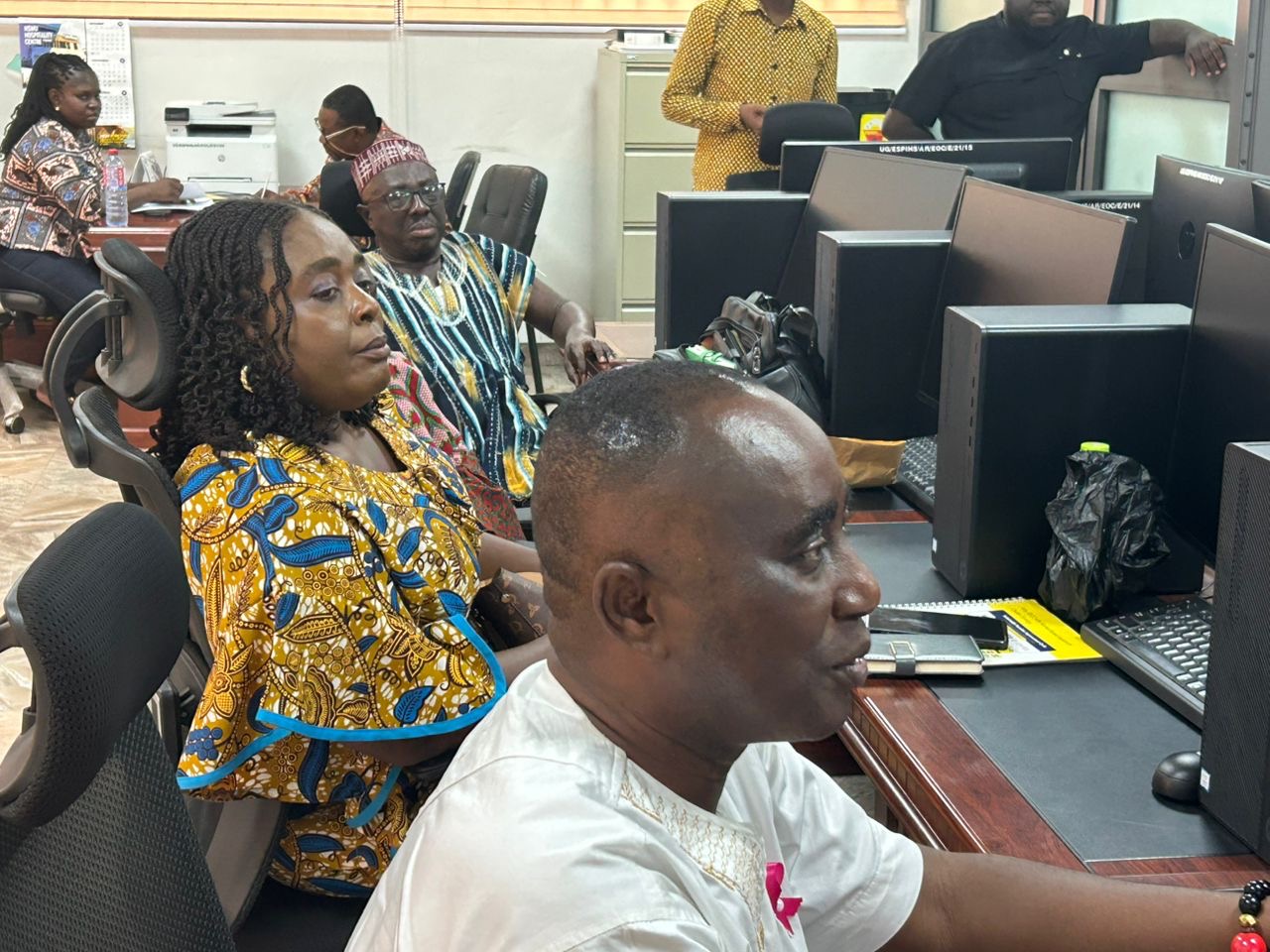
The meeting featured a presentation on the sources, health impacts, and preventive measures for lead exposure, with participants providing valuable insights to refine the public education approach.
Nana Yam Ababio underscored the need for thorough health education to drive behavioural change, rather than merely informing people of lead poisoning risks.
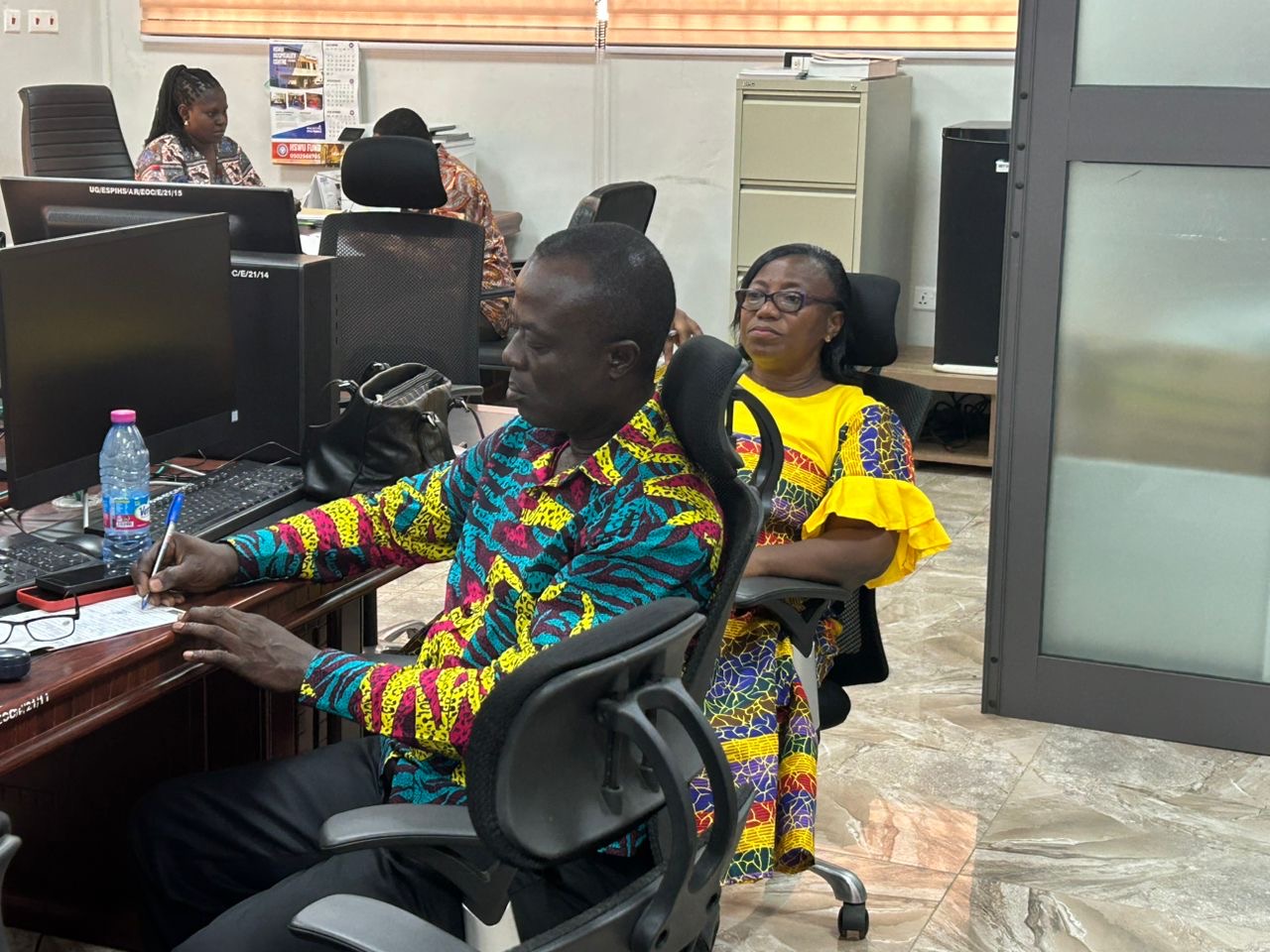
“The public must not be health-informed but rather health-educated to achieve the desired outcome,” he asserted. “Just informing them of the implications of lead exposure is not enough; we must educate them thoroughly to prompt behavioural change.”
As part of their commitment to combatting lead poisoning, Nana Ababio proposed that committee members visit districts with high lead exposure activities to engage directly with community members.
He believes this hands-on approach will strengthen the impact of their health education initiatives and drive meaningful change at the grassroots level.
The meeting highlighted the urgent need for proactive education on lead poisoning, with Nana Yam Ababio and other health officials committed to safeguarding the health of vulnerable populations, especially children, across the Ashanti Region.
Nana Yaw Owusu/Ashanti Region.

